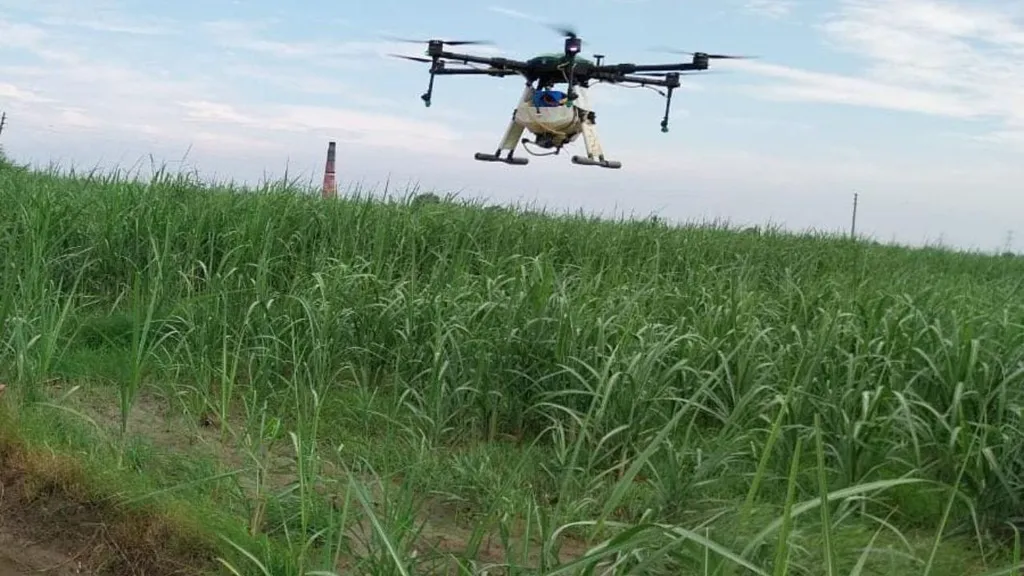In the heart of India, where agriculture is the lifeblood of rural communities, a technological revolution is taking flight. Amartya Josephat, a researcher from the School of Electrical Engineering at Vellore Institute of Technology in Chennai, is at the forefront of this transformation, pioneering the use of agricultural drones to optimize crop yields and reduce health risks for farmers.
Precision agriculture has long been recognized as a key to improving crop yields, but the challenges of manual pesticide spraying have persisted. According to the World Health Organization, approximately one million cases of pesticide-related illnesses occur annually due to manual spraying. Josephat’s research, published in the journal “Results in Engineering” (which translates to “Results in Engineering” in English), proposes a customized agri-drone that leverages Unmanned Aerial Vehicles (UAVs) to address these issues head-on.
“UAVs significantly reduce health risks and enable precise and efficient pesticide and fertilizer applications,” Josephat explains. “They are especially beneficial in areas where traditional machinery and manual labor face limitations.”
Equipped with advanced cameras and sensors, these drones offer real-time crop monitoring and early disease detection. Beyond spraying, UAVs support crop mapping, irrigation management, and yield forecasting. Their data-gathering capabilities improve decision-making, resource optimization, and risk mitigation.
The integration of drones into agriculture marks a transformational leap, improving pest control, increasing productivity, reducing environmental impact, and protecting farmer health. Josephat’s proposed drone helps achieve the precise use of fertilizer with an accurate composition of the mixture at minimal cost.
The commercial impacts of this research are substantial. In a country where more than 70% of the rural population depends on agriculture, the adoption of agri-drones could revolutionize the sector. Farmers can expect higher yields, reduced costs, and improved safety, while the environment benefits from more targeted and efficient use of pesticides and fertilizers.
This research is not just about improving agricultural practices; it’s about shaping the future of farming. As Josephat’s work gains traction, it could inspire further innovations in drone technology and precision agriculture, leading to a more sustainable and productive future for the sector.
In the words of Josephat, “The integration of drones into agriculture marks a transformational leap, improving pest control, increasing productivity, reducing environmental impact, and protecting farmer health.” This leap is not just a step forward for agriculture; it’s a giant stride towards a more sustainable and efficient future.

